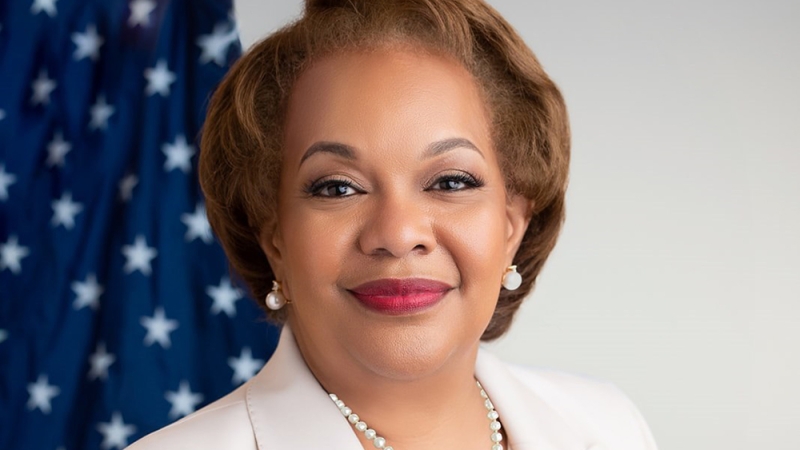
Consumers’ Inflation Expectations Decline At All Horizons

But expectations about household financial situation improve.
The Federal Reserve Bank of New York’s Center for Microeconomic Data released the July 2023 Survey of Consumer Expectations, showing that inflation expectations declined at short-, medium-, and longer-term horizons. Year-ahead price growth expectations for food, medical care, and rent declined to their lowest levels since at least early 2021. Labor market expectations strengthened, while households’ perceptions about their current financial situations and expectations for the future improved.
There’s an overall positive perspective on household financial situations. Perceptions about households’ current financial situations improved in July, with more respondents reporting being better off than a year ago and fewer respondents reporting being worse off. Similarly, year-ahead expectations improved, with fewer respondents expecting to be worse off a year from now and more respondents expecting to be better off. The share expected to be better off a year from now is the highest since September 2021.
Median home price growth expectations decreased from 2.9% in June to 2.8% in July, remaining well above the series 12-month trailing average of 2.0%.
Perceptions of credit access compared to a year ago and expectations about credit access a year from now were essentially unchanged, with a slight deterioration in current perceptions and a slight improvement in year-ahead expectations.
Household Finance Highlights:
- Median expected growth in household income was unchanged at 3.2% in July and remains below the series 12-month trailing average of 3.6%.
- Median household spending growth expectations increased from 5.2% in June to 5.4% in July, but remains well below its 12-month trailing average of 6.1%.
- The average perceived probability of missing a minimum debt payment over the next three months decreased by 0.3 percentage points to 11.7% in July.
- The median expectation regarding a year-ahead change in taxes (at the current income level) remained unchanged at 4.3%.
- Median year-ahead expected growth in government debt decreased from 10.0% in June to 9.7% in July.
- The mean perceived probability that the average interest rate on saving accounts will be higher in 12 months increased by 1.1 percentage points to 30.9%.
- The mean perceived probability that U.S. stock prices will be higher 12 months from now increased by 1.8 percentage points to 37.1%.
Other Highlights:
- Median inflation expectations declined across all three horizons, falling from 3.8% to 3.5% at the one-year-ahead horizon and from 3.0% to 2.9% at both the three-year and five-year-ahead horizons. The decline at the one-year-ahead horizon was broad-based across demographic groups, and the July reading is the lowest since April 2021. The survey’s measure of disagreement across respondents (the difference between the 75th and 25th percentile of inflation expectations) decreased at all three horizons.
- Median inflation uncertainty—or the uncertainty expressed regarding future inflation outcomes—declined at the one-year-ahead horizon and increased slightly at the three- and five-year-ahead horizons.
- Median one-year-ahead expected earnings growth decreased by 0.2 percentage points to 2.8%. The series has been moving within a narrow range of 2.8% to 3.0% since September 2021.
- Mean unemployment expectations—or the mean probability that the U.S. unemployment rate will be higher one year from now—decreased by 1.0 percentage points to 36.7%, the lowest reading since April 2022.
- The mean perceived probability of losing one’s job in the next 12 months decreased by 1.1 percentage points to 11.8%. The mean probability of leaving one’s job voluntarily in the next 12 months decreased by 1.9 percentage points to 17.0%, its lowest reading since March 2021. The decrease in the average quit probability was broad-based across demographic groups.
- The mean perceived probability of finding a job (if one’s current job was lost) increased from 55.3% in June to 55.8% in July.



